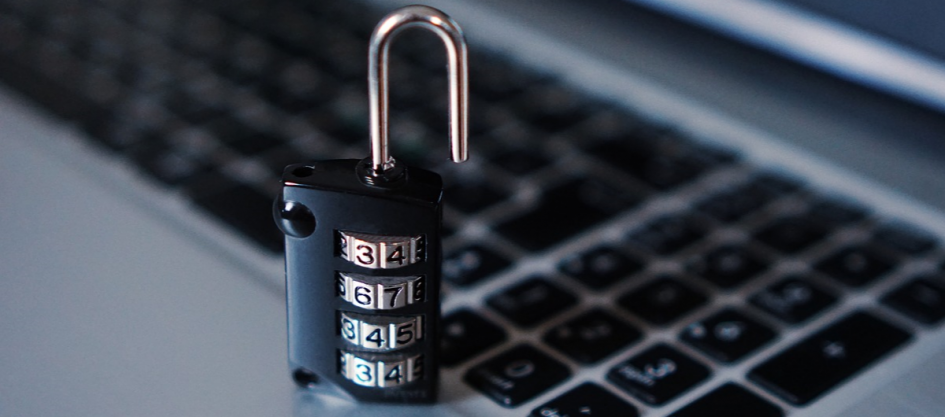You have access to many different Linux / Unix servers during the day, you are in the IT department, remembering passwords, both challenging and brings security concerns. Inevitably, people start using the same or similar passwords after a while. Then using SSH Key to access server comes into picture. It’s fast, efficient and secure!
1. Check if any Key Pair has already been generated
- First, we will connect to the main server via SSH (if you have direct access to the server, you can do this through the console.)
ssh burak@main_server_host
- Go to the .ssh folder to check if a private key has already been created on the server for the user you are connecting to.
cd ~/.ssh
- If you see the id_rsa file pair in the folder, this means that the server has already created a private & public key. At this stage, you can skip the process of creating the private & public key pair and skip to step 3.
Buraks-MacBook-Air:.ssh burakalakus$ ls -al -rw------- 1 burakalakus staff 1679 May 23 2015 id_rsa -rw-r--r-- 1 burakalakus staff 418 May 23 2015 id_rsa.pub
2. SSH Private & Public Key Pair Creation
- While we are connected to the host server, let’s create our SSH Key pair using ssh-keygen -t rsa command. It will ask us to give a password to the key after the command is executed. If you leave it blank, it will not be protected with any password. If you give password, it will ask you for this password every time you want to use the SSH key pair.
ssh-keygen -t rsa Generating public/private rsa key pair. Enter file in which to save the key (/home/burak/.ssh/id_rsa): Enter passphrase (empty for no passphrase): Enter same passphrase again: Your identification has been saved in /home/burak/.ssh/id_rsa. Your public key has been saved in /home/burak/.ssh/id_rsa.pub. The key fingerprint is: 4a:dd:0a:c6:35:4e:3f:ed:27:38:8c:74:44:4d:93:67 burak@ana_sunucu The key's randomart image is: +--[ RSA 2048]----+ | .oo. | | . o.E | | + . o | | . = = . | | = S = . | | o + = + | | . o + o . | | . o | | | +-----------------+
3. Downloading Public Key to Client Machine
- We will use the ssh-copy-id command on the client machine that you want to connect to the Host Server. This linux command will automatically connect to the host server and download the public SSH key to the client machine.
ssh-copy-id burak@main_server The authenticity of host 'main_server (12.34.56.78)' can't be established. RSA key fingerprint is b1:2d:33:67:ce:35:4d:5f:f3:a8:cd:c0:c4:48:86:12. Are you sure you want to continue connecting (yes/no)? yes Warning: Permanently added 'main_server' (RSA) to the list of known hosts. burak@main_server's password: Now try logging into the machine, with "ssh 'burak@main_server'", and check in: ~/.ssh/authorized_keys to make sure we haven't added extra keys that you weren't expecting.
Above, you see the output of a successful process. After this stage, all you will do is;
ssh burak@main_server
You will see it does not ask for password.
Done!

Leave a Reply